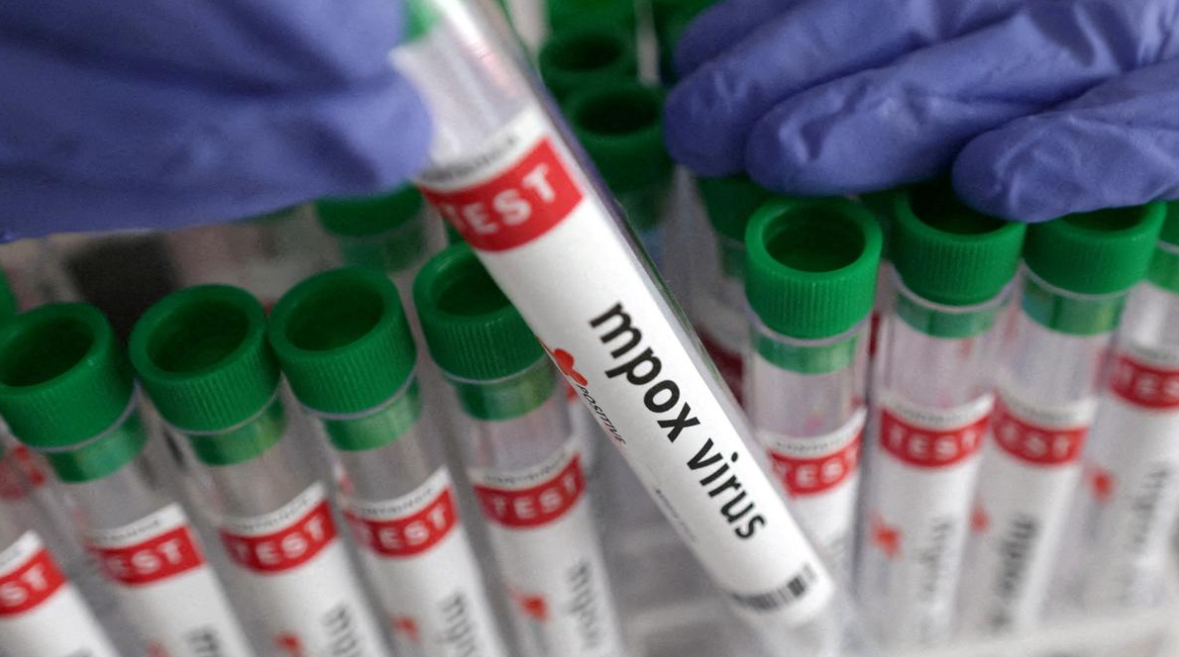Top Hezbollah Commander Among 8 Killed in Israeli Strike on Beirut Amid Escalating Conflict
The ongoing conflict between Israel and Hezbollah has taken a dramatic turn, with an Israeli airstrike on Beirut on Friday claiming the lives of at least eight people, including a high-ranking Hezbollah commander. This latest strike, which left 59 others wounded, marks a significant escalation in the year-long conflict between Israel and the Iran-backed Hezbollah group.
The Target: Hezbollah Operations Commander
The Israeli airstrike in Lebanon’s capital reportedly targeted Ibrahim Aqil, a top Hezbollah operations commander who plays a key role in the group’s military leadership. According to security sources, Aqil is a prominent figure within Hezbollah’s military operations, and the strike dealt a heavy blow to the group’s strategic capabilities. This attack came after Hezbollah launched a substantial barrage of 140 rockets into northern Israel earlier on Friday, marking one of the most intense exchanges between the two sides in recent weeks.
Nasrallah’s Retaliation Promise
Hezbollah’s leader, Hassan Nasrallah, has vowed retaliation for the Israeli attacks, accusing Tel Aviv of crossing all “limits, rules, and red lines.” Nasrallah’s fiery speech came just one day before the Beirut strike, during which he condemned Israel’s actions, labeling them as “massacres” and potential “war crimes.” He specifically referred to the explosions that occurred earlier in the week, killing 37 people and injuring over 3,000. Despite the escalating violence, Nasrallah emphasized that Hezbollah’s command and communication structures remain intact.
While he did not provide specific details about future responses, Nasrallah hinted at continued cross-border strikes on Israel, indicating that attacks would persist unless a ceasefire was established in Gaza. He also issued a stark warning, declaring that displaced Israeli citizens in the northern regions would not be allowed to return to their homes as long as the fighting continued.

Lebanon’s Reaction to the Strikes
In the wake of the Israeli airstrike, Lebanon’s Prime Minister strongly criticized Tel Aviv, accusing Israel of disregarding humanitarian and legal considerations in its military actions. The prime minister condemned the strikes as reckless, particularly given the destruction and loss of civilian life in Beirut. Lebanese officials are increasingly concerned that these hostilities could escalate into a broader regional war, with devastating consequences for both countries.
Israel’s Strategic Shift
Amid the intensifying conflict, Israeli authorities have announced that they are now focusing their military efforts on the northern front. While Israel has not formally taken responsibility for the airstrikes on Hezbollah’s positions, officials have indicated that they are stepping up efforts against the group in response to recent provocations.
Israeli Defense Minister Yoav Gallant praised the country’s military and intelligence services for their role in combating Hezbollah and warned that the focus of Israel’s military efforts is now shifting northward. He noted that Israel is increasing its allocation of forces, resources, and energy towards the northern front, suggesting that further operations against Hezbollah are likely in the near future.
During a visit to an Israeli Air Force base, Gallant commended the intelligence achievements of Israel’s Mossad agency, implying that Israeli intelligence had played a crucial role in recent operations, including the targeted strikes on Hezbollah’s leadership.
https://topnewssurf.com/hezbollah-pager-explosion/
A Worsening Conflict
As the conflict between Israel and Hezbollah deepens, there are growing concerns within the international community about the potential for this skirmish to spark a wider war. Hezbollah’s barrage of 140 rockets on Friday was one of the most extensive attacks on Israeli territory in recent memory, intensifying fears of further escalation. These attacks were met with swift Israeli retaliation, signaling that neither side is willing to back down.
Prime Minister Benjamin Netanyahu emphasized Israel’s commitment to ensuring the safety of its northern citizens, stating that the government would take all necessary measures to return displaced Israelis to their homes in secure conditions. However, with both sides locked in a cycle of retaliatory strikes, achieving peace seems increasingly difficult in the near term.
Hezbollah’s Continued Use of Low-Tech Communications
This conflict comes on the heels of an earlier incident where thousands of communication devices used by Hezbollah exploded in Lebanon. These explosions, reportedly orchestrated by Israel’s Mossad, targeted Hezbollah’s pager network, a low-tech means of communication that the group continues to rely on to avoid interception by modern tracking technologies. While Hezbollah’s use of these pagers highlights its efforts to evade Israeli surveillance, the group has faced significant challenges in maintaining secure communication networks.
The Israeli-Hezbollah conflict has now reached a critical juncture, with both sides showing no signs of backing down. The death of a senior Hezbollah commander in Beirut signals that Israel is ramping up its operations, while Hezbollah’s barrage of rockets into northern Israel points to the group’s determination to continue its resistance. As international observers warn of the potential for war crimes, the world watches anxiously to see whether this conflict will spiral into an all-out regional war or if diplomatic efforts will bring about a ceasefire.




